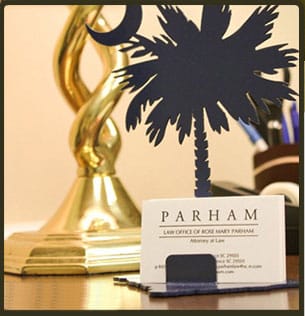Classification of criminal charges in South Carolina relates to how serious the alleged crime is. Misdemeanor charges are less serious than felonies but more serious than infractions. When you face misdemeanor charges, it affects the way that the court will handle your case, as well as the consequences you may face after your sentence if convicted.
According to FindLaw, one or more misdemeanor charges usually means a trial before a jury. However, it may not be a full twelve-juror contingent that hears your case. The jury on a misdemeanor case may include as few as six individuals. Also, those six jurors may be able to convict you even if their vote is not unanimous.
The type of charges you face may affect the court that your case goes to. Certain courts only have jurisdiction over certain classifications of cases. For example, the case of an individual accused of a felony would not go to a court that only has jurisdiction over misdemeanors, and vice versa.
With misdemeanor charges, it is not always necessary for you to appear in court personally. You may have the option to waive your right to be present and send an attorney or another representative in your stead. This is different from felony charges, which usually require the individual to be present in the courtroom for the trial.
The question of whether you can have an attorney appointed to represent you depends on whether or not the consequences for a misdemeanor conviction include potential incarceration. If so, the court must appoint an attorney to you if you cannot afford to hire your own. Even if you do serve time, however, a misdemeanor conviction usually does not include the same disqualifications, such as the right to vote or hold public office, that a felony conviction would.
The information in this article is not intended as legal advice but provided for educational purposes only.


